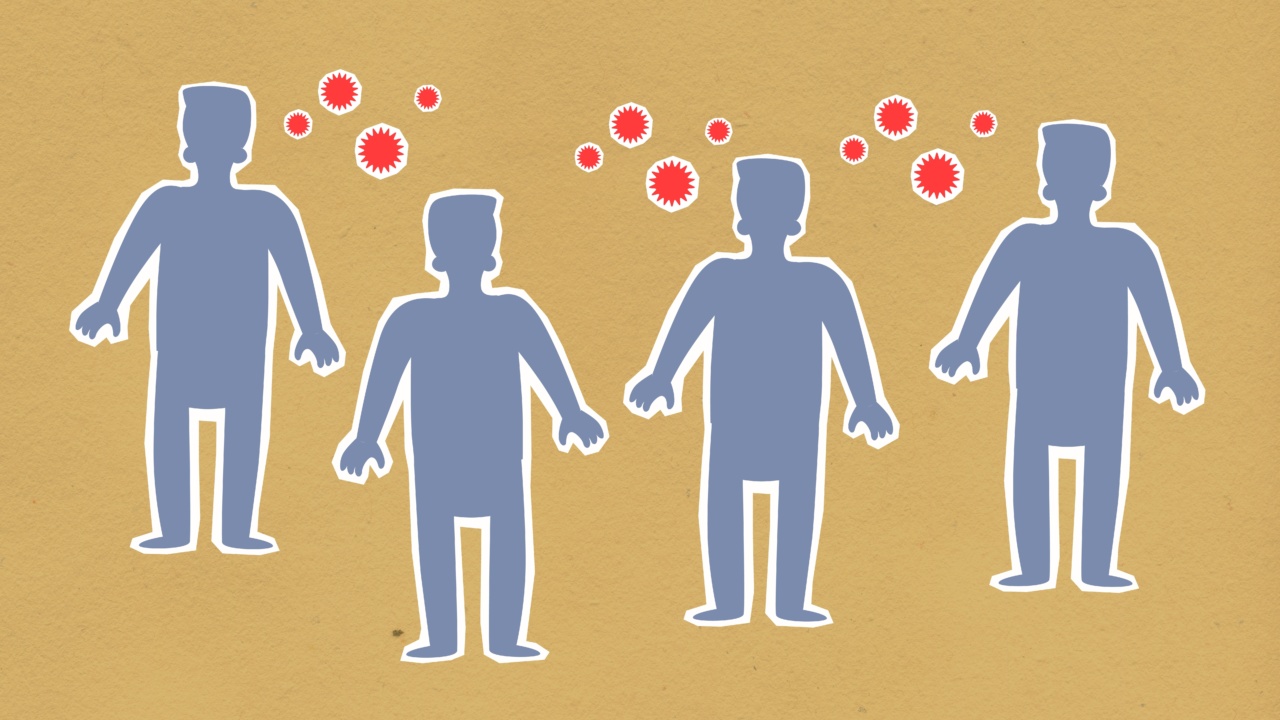A heart attack is a life-threatening condition and should be taken seriously. Although heart attacks can happen to both men and women, the symptoms can differ between the sexes.
Heart disease is the leading cause of death in both men and women in the United States. However, men are more likely to have heart attacks at a younger age than women. It’s important to know the warning signs of a heart attack so that you can act quickly in case of an emergency.
What are the warning signs of a heart attack?
The warning signs of a heart attack may be different for men and women. Here are some of the most common symptoms:.
Heart attack warning signs for men:
Chest pain or discomfort: Most men experience chest pain during a heart attack. The pain may feel like pressure, squeezing, or fullness in the chest.
Pain in other areas of the body: Men may also feel pain in their arms, neck, back, jaw, or stomach.
Shortness of breath: Men may feel short of breath during a heart attack.
Sweating: Men may experience excessive sweating or appear pale during a heart attack.
Nausea or vomiting: Men may feel nauseous or may vomit during a heart attack.
Heart attack warning signs for women:
The warning signs of a heart attack may be less obvious for women. Here are some of the most common symptoms:.
Chest pain or discomfort: Women may not experience chest pain during a heart attack. They may feel pressure, squeezing, or fullness in the chest instead.
Pain in other areas of the body: Women may experience pain in their arms, neck, back, jaw, or stomach.
Shortness of breath: Women may feel short of breath during a heart attack.
Nausea or vomiting: Women may feel nauseous or may vomit during a heart attack.
Fatigue: Women may feel unusually tired during a heart attack.
Lightheadedness or dizziness: Women may feel lightheaded or dizzy during a heart attack.
Why do the symptoms differ between men and women?
The symptoms of a heart attack can be different for men and women because of the way their hearts are built. Men tend to have larger hearts and larger blood vessels, while women’s hearts and blood vessels are typically smaller.
This can affect the way that blood flows through the heart and the body. Additionally, hormones can play a role in the symptoms of a heart attack. For example, estrogen may protect women’s hearts from damage until menopause, when estrogen levels drop.
What should I do if I think I’m having a heart attack?
If you think you’re having a heart attack, call 911 right away. It’s important to get help as quickly as possible to prevent damage to the heart muscle.
While you wait for medical help, chew and swallow an aspirin or nitroglycerin if you have these medications and if you’re not allergic to them. Try to stay calm and lie down or sit still. Do not try to drive yourself to the hospital or wait for someone to give you a ride.
Can a heart attack be prevented?
While you can’t prevent all heart attacks, there are things you can do to reduce your risk:.
Eat a healthy diet: Limit your intake of saturated and trans fats, and eat plenty of fruits, vegetables, and whole grains.
Exercise regularly: Aim for at least 150 minutes of moderate-intensity activity or 75 minutes of vigorous activity each week.
Stop smoking: If you smoke, quit as soon as possible.
Maintain a healthy weight: Being overweight or obese can increase your risk of heart disease.
Manage your stress: Stress can contribute to heart disease and other health problems.
The Bottom Line
Heart attacks can happen to anyone, but the symptoms can differ between men and women. If you think you’re having a heart attack, call 911 right away. Know the warning signs and take steps to reduce your risk of heart disease.

























